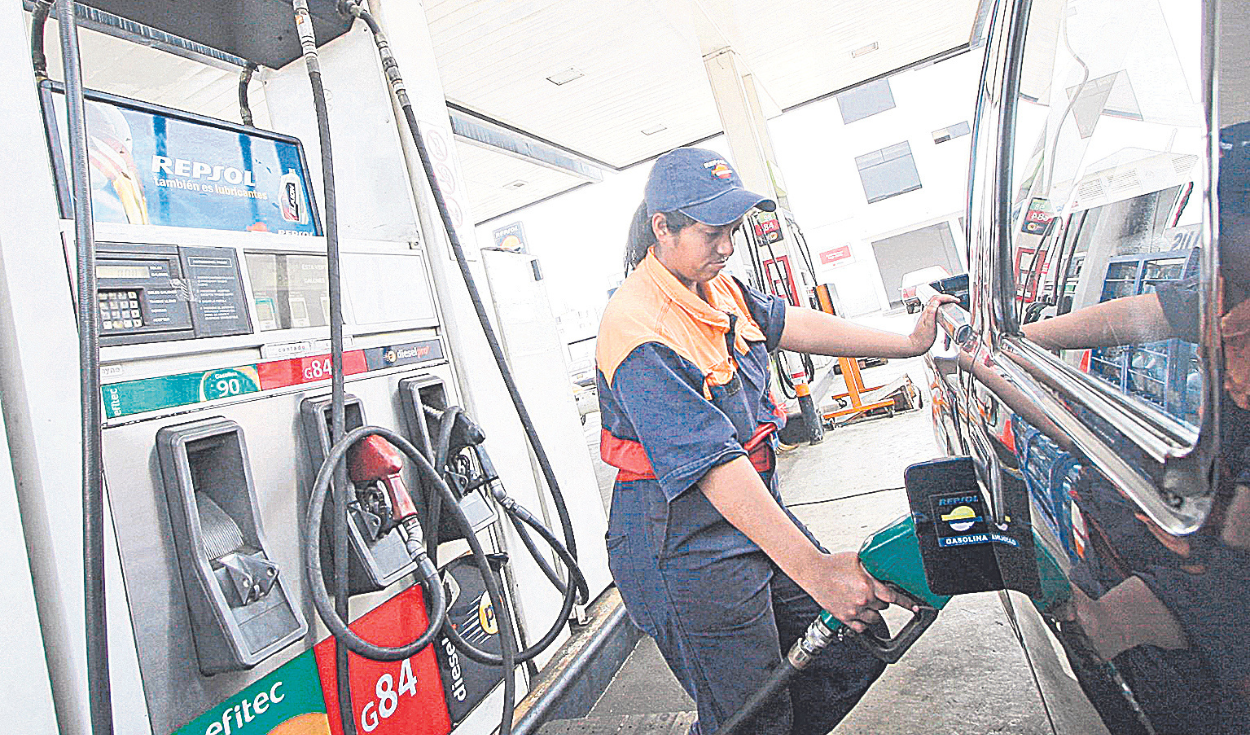
The entry of Euro 6 into the Peruvian market, scheduled for the first quarter of 2024 through DS 014-2021-EM, could be extended for almost two more years, and not precisely due to the delay in the start-up of the New Talara Refinery (NRT).
Originally, the standard was launched assuming that the NRT would complete its construction by May 2021, and that in the first plant shutdown, scheduled 18 months later (for the end of 2023), production would go from Euro 4 to Euro 6, remembers Eduardo Guevara, former president of Petroperú.
Wrongly or not, the decree Euro 6launched that same month of May 2021, did not consider the delays generated a year ago by covid and the rescheduling of delivery of works for November, with which the calendars no longer fit.
That is to say, When the decree was launched, the NRT already had a delay due to the emergency. The minister was Eduardo González.
Sector sources revealed to La República that, now, the Ministry of Energy and Mines (Minem) will seek to postpone the entry into force of the rule not until January 2025, as had initially been speculated, but until October of that year.
Does the delay favor the main national supplier? No. Petroperú clarified that, at all times, it was in a position to stop producing Euro 6 “at the time the authority so determines”, even towards the end of 2023, without this affecting its volumes.
For the state company, this extension must consider not only production, but factors such as road infrastructure and vehicle fleet, among others.
“Petroperú produces fuels with the quality required by regulations. Any imports that may occur will be for market supply reasons. The company reaches all corners of the country“said the state.
Gustavo Navarro, former director of Hydrocarbons, assures that “there was no good coordination” with the issue, but that the oil company has the solvency to manage the minimum investments that would be required to update part of the 16 NRT production plants.
For its part, Repsol ensures that “it will adapt to what the regulations provide.” However, he warns that the characteristics of the Peruvian vehicle fleet would not, for the moment, make its implementation necessary, and that rather “it would cause a loss of competitiveness of national refineries compared to US refineries.”
“The Pampilla “It already has the capacity to produce gasoline with a maximum content of 10 parts per million (ppm) of sulfur, that is, gasoline compatible with Euro 6 engines,” he said for La República.
What if it matters? Repsol clarifies that North American refiners that bring the product to Peru “could increase their margins by finding less competition from national producers.” This is because our country, with an oil deficit, not only imports crude oil to refine locally, but also ready-made fuels.
Will Euro 6 raise prices?
Euro 6 is not a new gasoline, it is an environmental standard of 10 ppm sulfur for less polluting engines.
Ellioth Tarazona, technical manager of the Automotive Association of Peru (AAP), explains that regular and premium gasoline will remain the same, just not with 50 ppm anymore. With diesel it will be the same, but it will be marketed as diesel B5-S10 (sub 10).
The AAP expects increases of between 2% to 5% in imported fuels and cars – the latter would occur at least 6 months after the regulation comes into effect – but accepts that natural gas engines pollute even less.
Euro 6: a multi-sector commitment
Minam does not agree with extending the entry of Euro 6 until October 2025. This Monday they meet with Minem and market players to review the new decree.
Currently, Petroperú produces, as a rule, fuels with a maximum content of 50 ppm.
The Association of Taps and Service Stations (Agesp) specified that its associates are prepared for the change in the matrix of fuels.
DS 029-2021-MINAM, which sets emissions limits, is launched following the schedule of DS 014-2021-EM. It would have to be modified.
Reactions
Gustavo Navarro, former director of Hydrocarbons
“It is only required to improve the quality of fuel, but not of vehicles or traffic. In Peru, new cars pay taxes, but not old cars, which are the ones that pollute. In the world it is the other way around.”
Eduardo Guevara, former president of Petroperú
“If the idea was to implement the regulations, it was important to monitor how the refineries themselves were doing. If another extension is made, it is essential that the dates are well coordinated.”
Source: Larepublica
Alia is a professional author and journalist, working at 247 news agency. She writes on various topics from economy news to general interest pieces, providing readers with relevant and informative content. With years of experience, she brings a unique perspective and in-depth analysis to her work.











